
Browse all content tagged with this keyword.
Showing 30 results
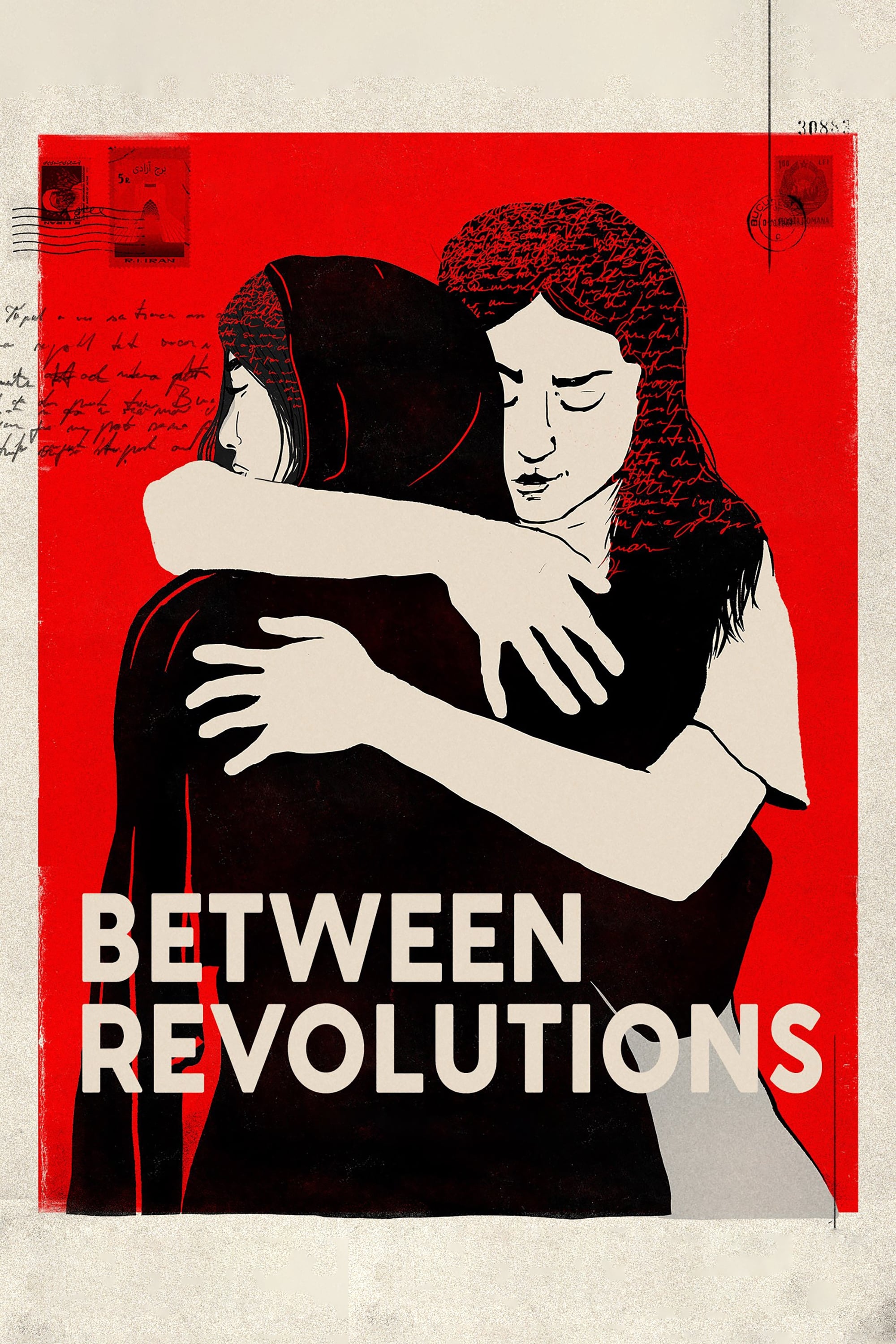
A semi-fictional correspondence between two women: one goes to Iran...
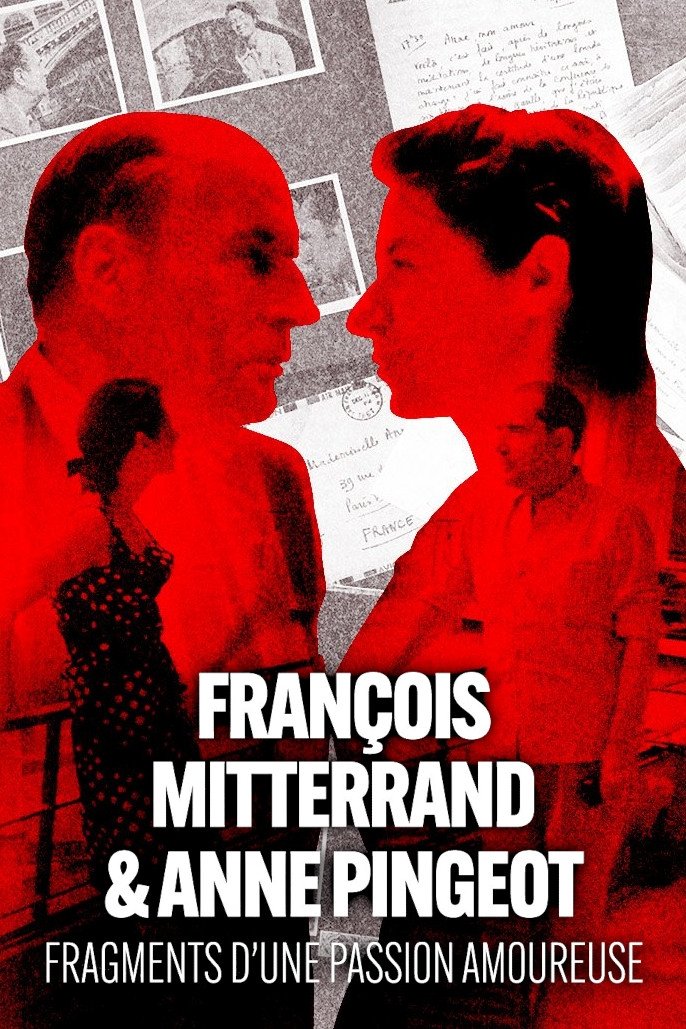
In the summer of 1963, François Mitterrand was going through...
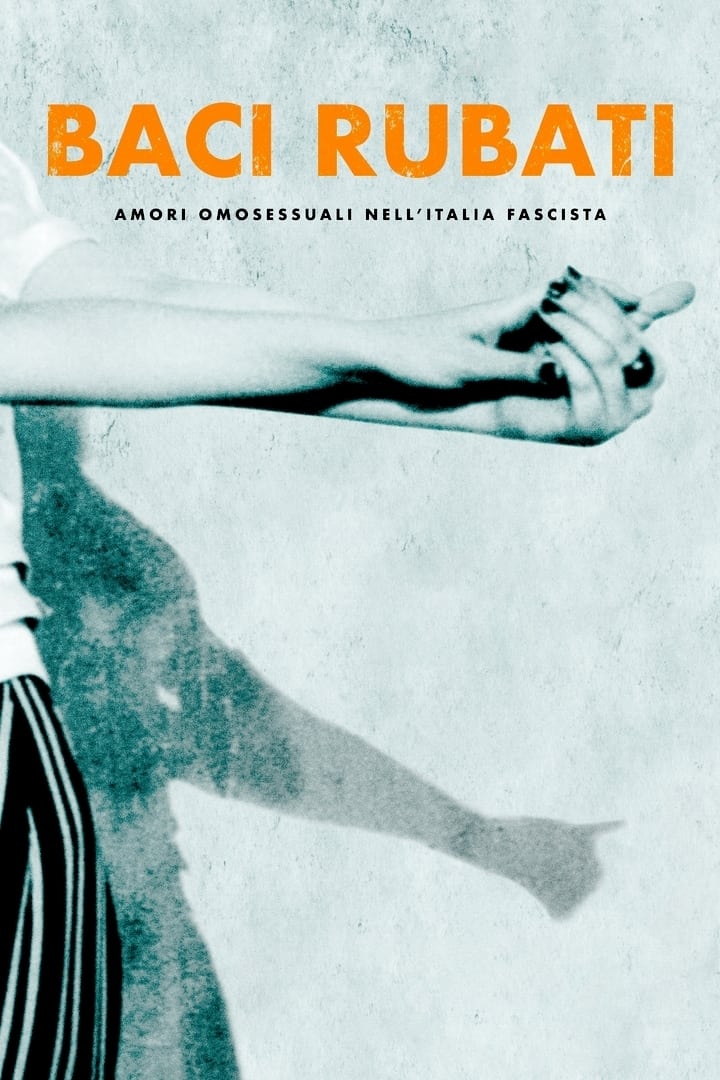
Through letters, diaries and personal testimonies, an account of the...
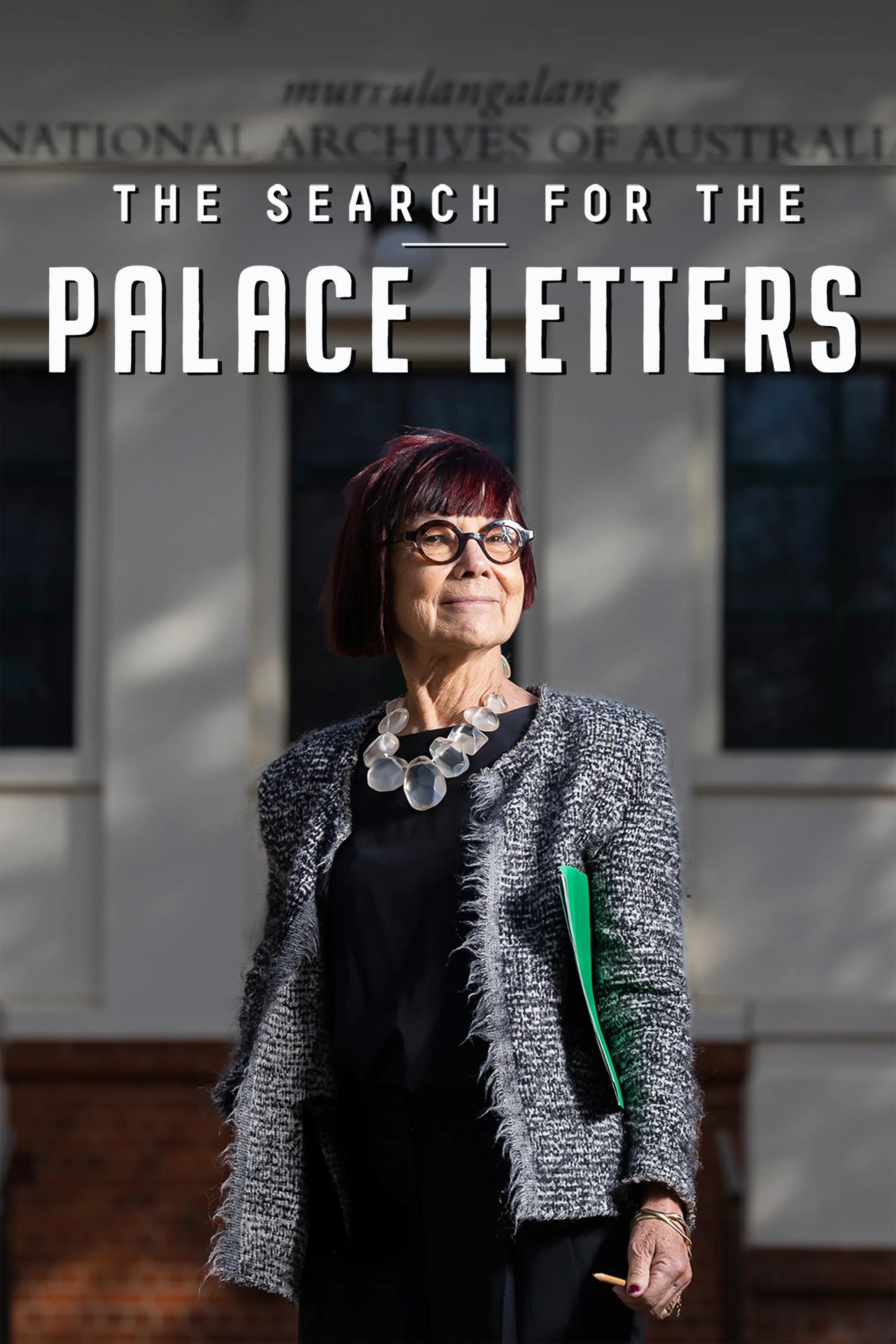
This remarkable documentary tells the story of Professor Jenny Hocking,...
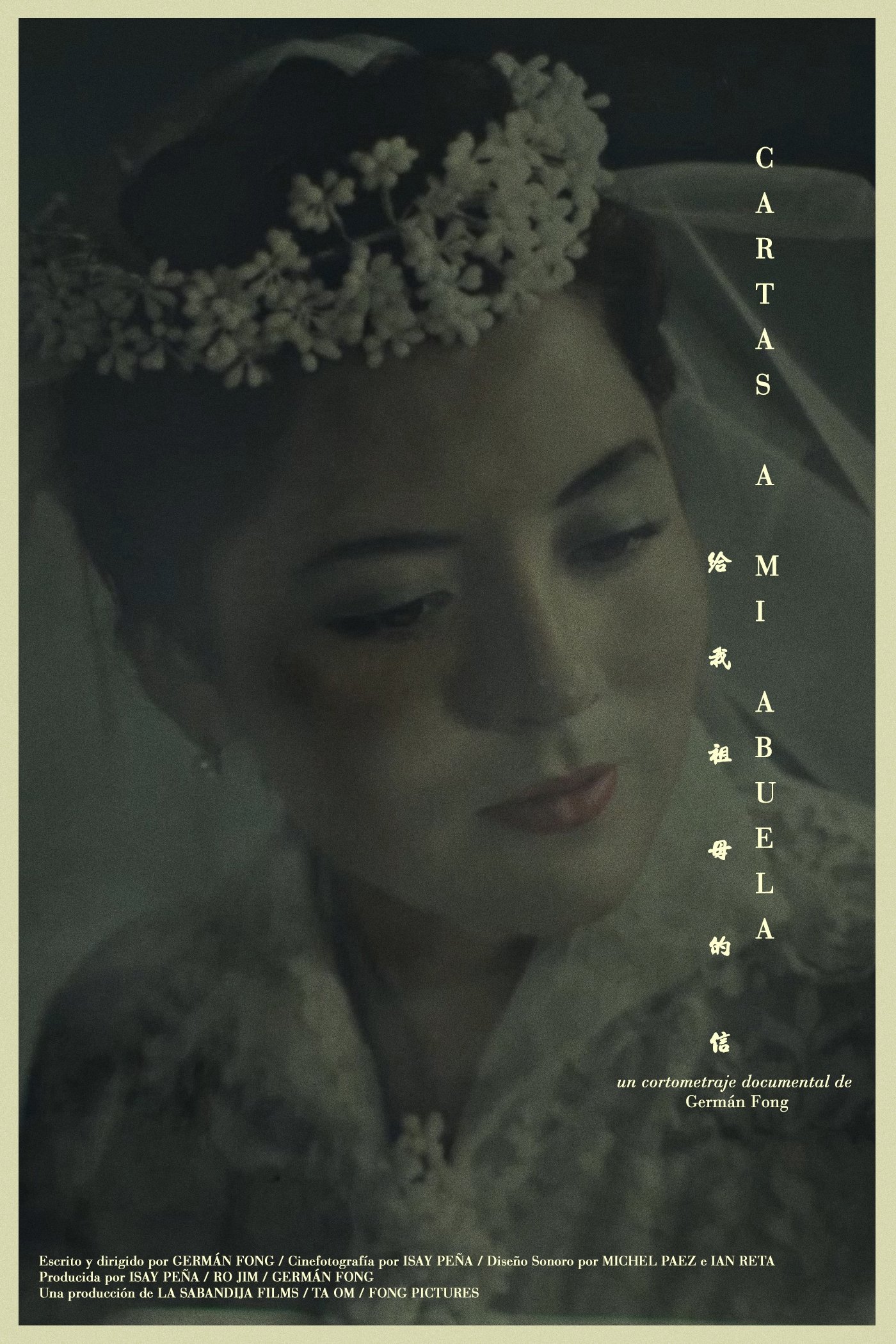
A young filmmaker maintains an epistolary conversation with his deceased...
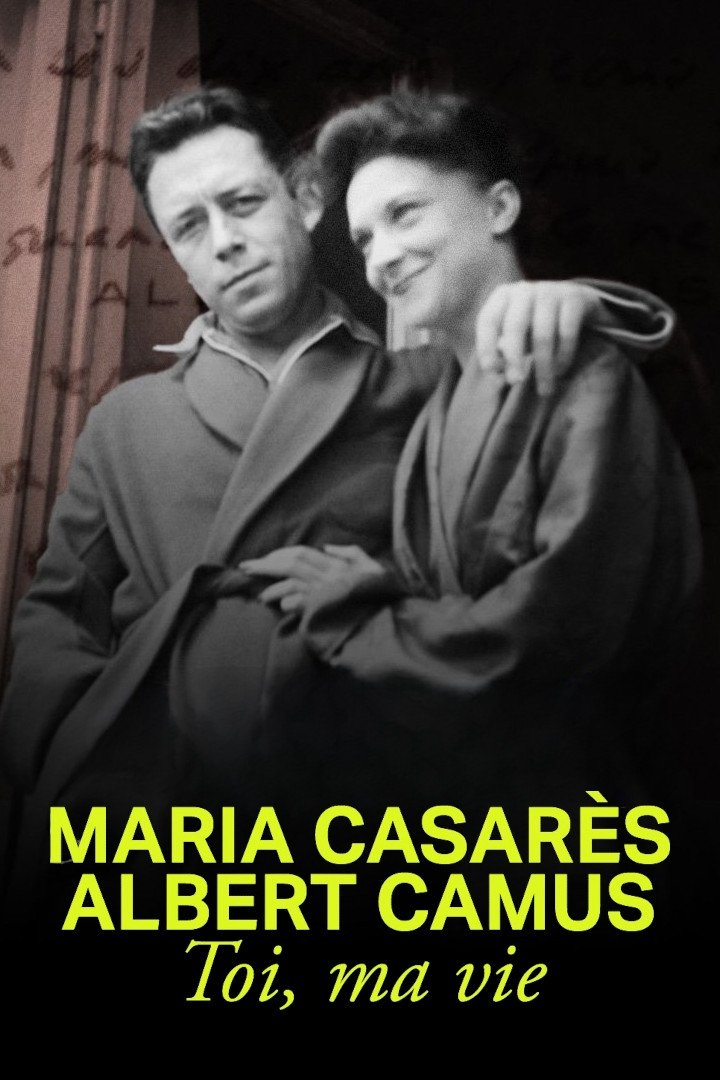
Maria Casarès, a theatre actress and Albert Camus, one of...
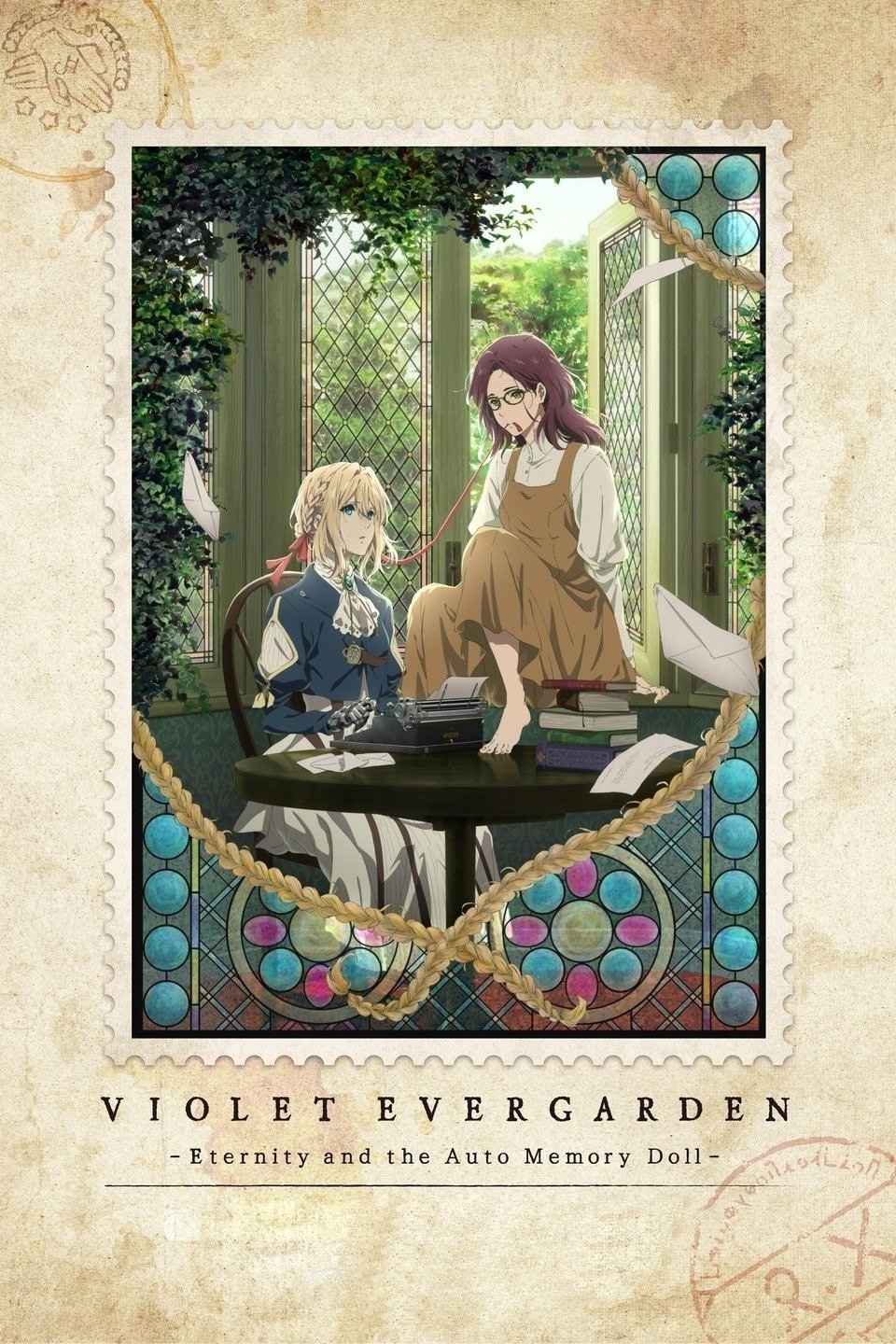
Isabella, the daughter of the noble York family, is enrolled...